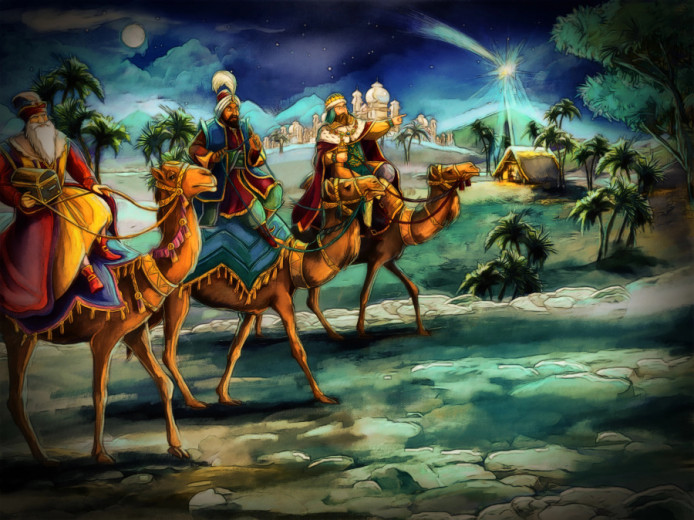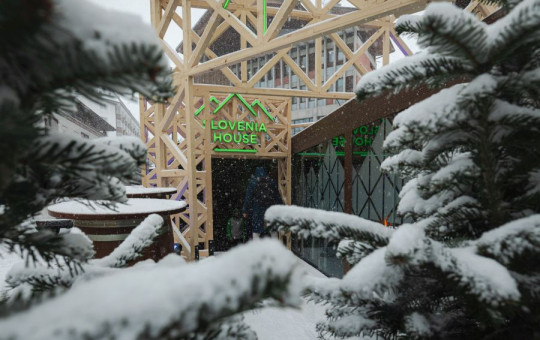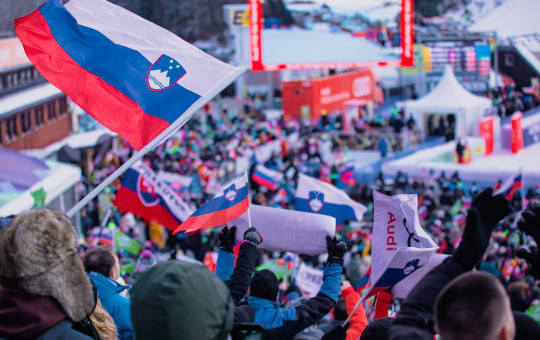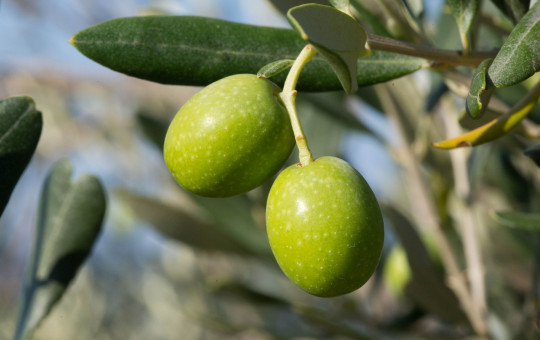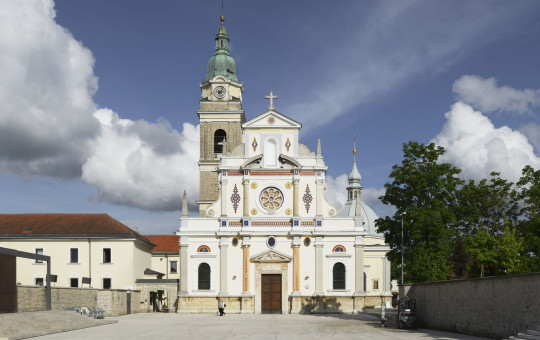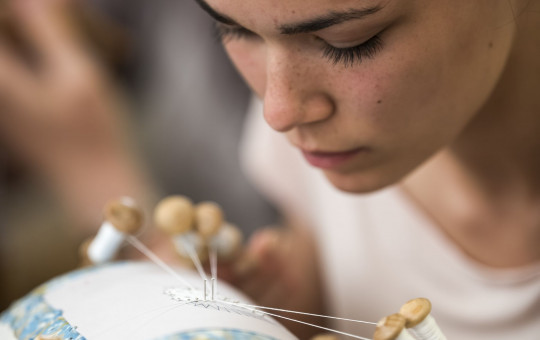Date: 20. December 2024
Time to read: 1 min
The Three Kings, sometimes called the Three Wise Men, were strangers who, according to Christian tradition, came to pay homage to Jesus. Their Slovenian names are Boltežar, Miha and Gašper. The visit of the Three Kings is preserved in most European countries, including Slovenia.
The basic story, reflected in folk tradition, is that the Three Wise Men, also known as Magi, came to Jerusalem from the East and were supposedly welcomed by King Herod, who wanted to kill the newborn child.
According to tradition, when they found the child, they gave him gifts of frankincense (as God), gold (as king) and precious myrrh (as man).
-
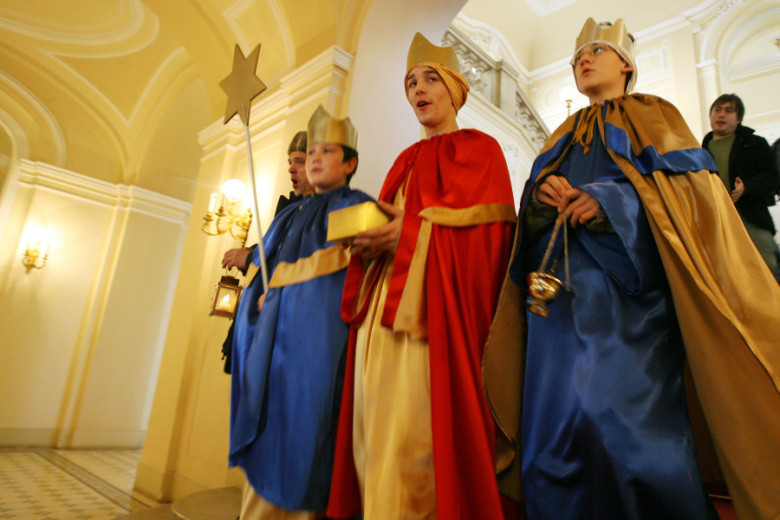 The Three Kings are also called carol singers, who, in addition to wearing the clothes of the Three Kings, also carry a star. They go from house to house and spread good wishes. The money they receive is usually given to a good cause. At one time they also received dried fruit, nuts, etc., from the people they visited. Photo: Domen Grögl/STA
The Three Kings are also called carol singers, who, in addition to wearing the clothes of the Three Kings, also carry a star. They go from house to house and spread good wishes. The money they receive is usually given to a good cause. At one time they also received dried fruit, nuts, etc., from the people they visited. Photo: Domen Grögl/STA
A Slovenian custom at the end of the Christmas season
The Slovenian tradition at the end of the Christmas season also follows the historical tradition. This custom has been especially preserved in villages and smaller towns, where it is children who most often go from house to house.
It is customary that children dressed as the Wise Men go and visit high Slovenian political representatives every year, i.e. the President of the Republic, the Prime Minister and the President of the National Assembly.
The symbolic beginning of a new era
On 6 January, in many parts of Slovenia, the letters G, M and B and the numbers representing the new year appear written in chalk on the front door of houses: 20 + G + M + B + 25. This writing marks the end of the Christmas season and the beginning of a new year or a new era, a transition from bad times to brighter times.
The three letters represent the Three Wise Men: Caspar (Gašper), Melchior (Miha) and Balthasar (Boltežar).
In most of Slovenia, incense is burnt on the Feast of the Magi. People also bring holy water home from church and sprinkle it in their homes.
Bread also plays an important role in the Slovenian tradition. For the feast, local master bakers bake special loaves, often decorated with symbolic images (birds, the moon, etc.). Sometimes the bread comes in three pieces and is baked two weeks in advance: one is eaten on Christmas Day, another on New Year's Eve and the last on the Feast of the Magi.

